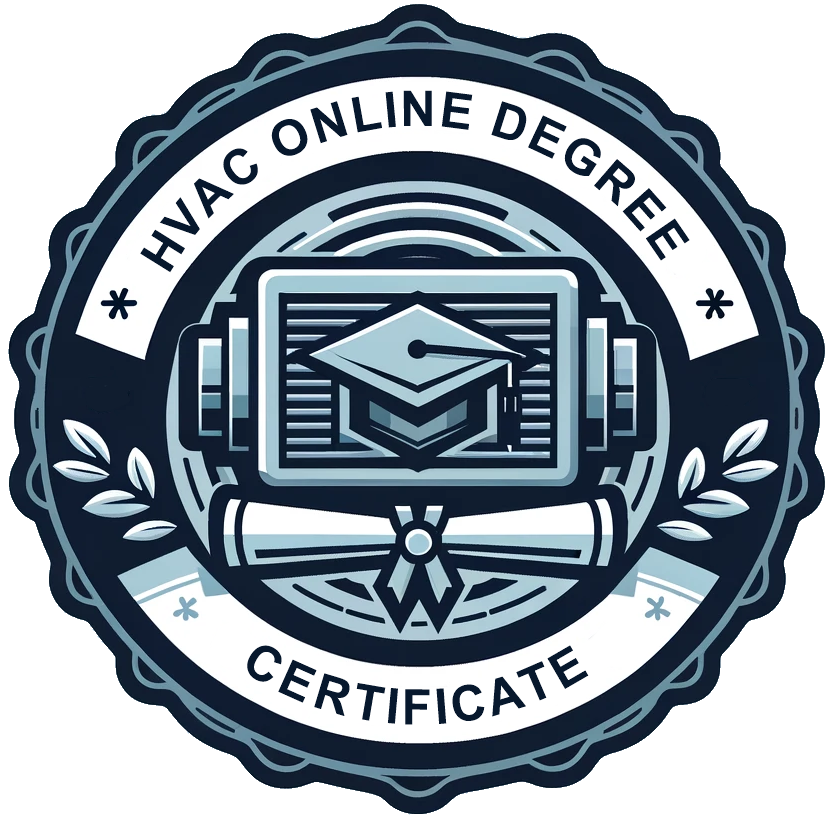HVAC professionals have access to a variety of regional and national certifications that demonstrate their expertise and proficiency in different aspects of the HVAC field to employers and clients.
A critical certification for any HVAC technician who deals with refrigerants is the EPA Section 608 certification. This certification is compulsory and is often included in HVAC training programs, which also offer exam preparation and vouchers. The EPA Section 608 certification encompasses four types:
- Type I: Small appliances
- Type II: High-pressure appliances
- Type III: Low-pressure appliances
- Universal: Covers all types of appliances
It’s essential to understand that while the EPA certification is nationwide, other licensure and certification requirements can vary significantly from one state to another.
Several notable organizations offer a range of HVAC certifications. These include:
- HVAC Excellence: Known for providing the HEAT (Heating, Electrical, Air Conditioning Technology) and HEAT Plus certifications aimed primarily at high school students. Additionally, they offer a suite of specialty credentials tailored for those ready to enter the workforce, covering areas like green technology, residential heat load analysis, R-410A refrigerant systems, heat pump servicing, combustion analysis, residential air conditioning, and training for HVAC educators.
- North American Technician Excellence (NATE): Offers a foundational HVAC exam and several specialized certifications, including air conditioning, air distribution, oil and gas heating, heat pump (air-to-air), as well as Hydronics for both gas and oil. They also offer commercial refrigeration and light commercial refrigeration certifications. NATE’s industry competency exams (ICE) are mandatory for graduates from programs accredited by PAHRA. Many of these exams are also available in Spanish, broadening accessibility.
- Refrigeration Service Engineers Society (RSES): Provides the compulsory EPA Section 608 certification along with eight additional specialized exams. These exams cover a variety of areas including commercial air conditioning and refrigeration, control systems, domestic service, dynamic compression, heating, heat pumps, and HVACR electrical systems.
This information will help you understand the necessary steps and options for becoming a certified HVAC professional, emphasizing the importance of certification in establishing credibility and competence in the HVAC industry.
